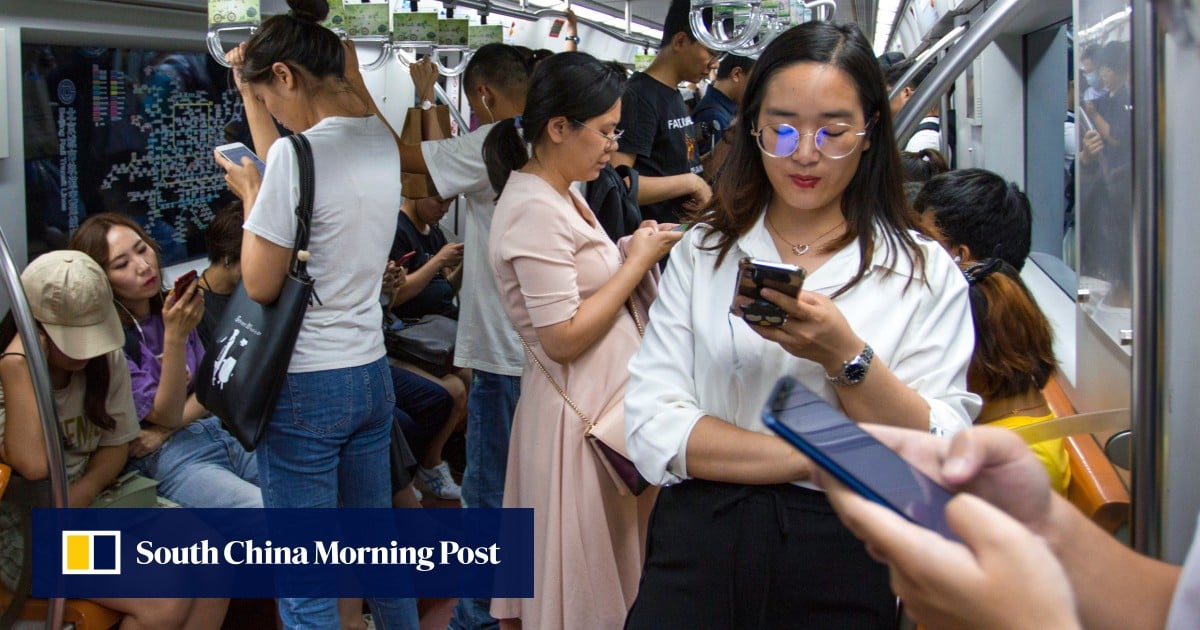




Chinese authorities have reportedly cracked the AirDrop protocol on iPhones, allowing them to identify dissidents based on the content they share. The Beijing Municipal Bureau of Justice claims to have made a 'technological breakthrough' that enables them to crack the encryption used by AirDrop. They have used this capability to identify criminal suspects who use AirDrop to spread illegal content. It is unclear if this security flaw has been exploited by a government agency before. Apple has not yet responded to China's claims. In April 2021, German researchers discovered a flaw in AirDrop's mutual authentication mechanism that could expose private information, but Apple did not fix it at the time. A Chinese tech company called Wangshendongjian Technology claims to have cracked the encryption around Apple's AirDrop wireless file sharing function, allowing them to identify users who have sent 'inappropriate information' via AirDrop. The company has assisted Beijing police in tracking down individuals who used AirDrop to send such content on the Beijing subway. The Beijing Municipal Bureau of Justice claims that the Beijing Wangshendongjian Forensic Appraisal Institute, working with the Chinese government, has cracked the encryption of Apple's AirDrop. The institute managed to crack the encryption that protects the identity of the sender by creating a detailed 'rainbow table' of mobile phone numbers and email accounts. The flaw that led to the crack was allegedly reported to Apple in 2019 by researchers at German university TU Darmstadt. It is unclear if Apple has addressed the AirDrop vulnerability. Cryptography expert Matthew Green suggests that fixing the flaw could have political implications between Apple and China. The AirDrop exploit could potentially be used for cyber espionage purposes. Last year, government security agency heads for the U.S., Canada, the U.K., Australia, and New Zealand warned of the 'unprecedented threat' posed by Chinese spying. AirDrop has been criticized for being used to spread nuisance messages and anonymous messages critical of the Chinese government. In 2019, AirDrop was popular among anti-government demonstrators in Hong Kong, who used it to send posters and artwork to subway passengers. This development highlights the ongoing efforts to regulate and monitor digital communication platforms in China. [832e1184] [44514e9e] [4f62c74e] [24571848] [052d95fd]